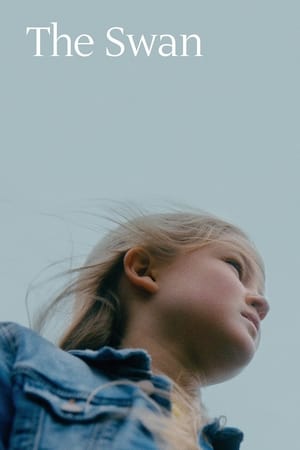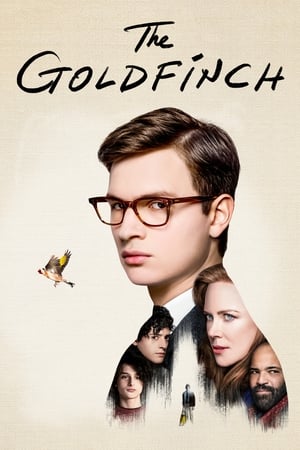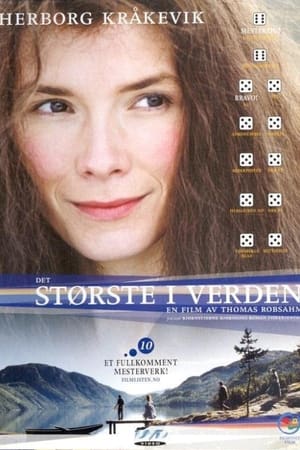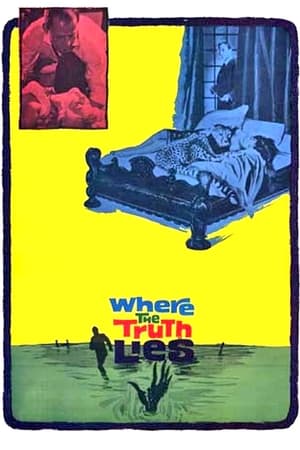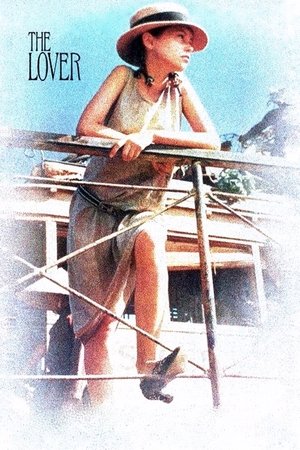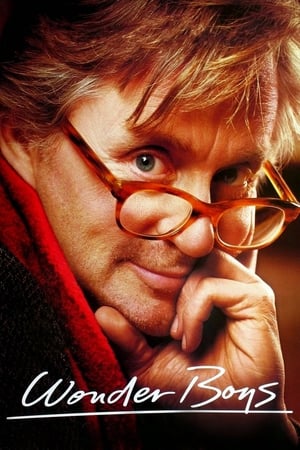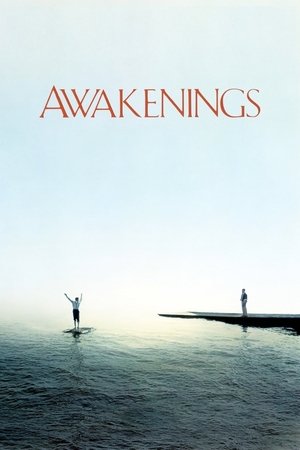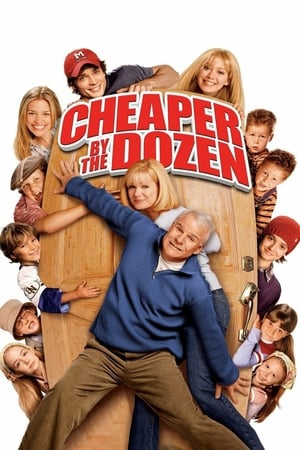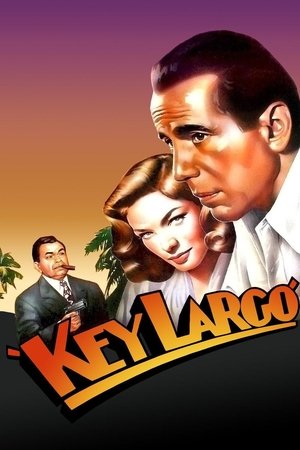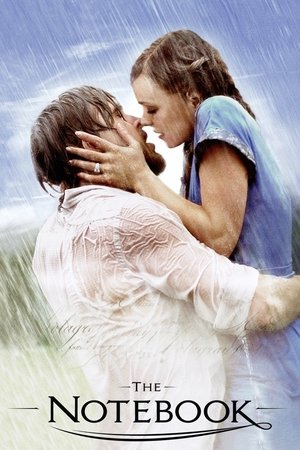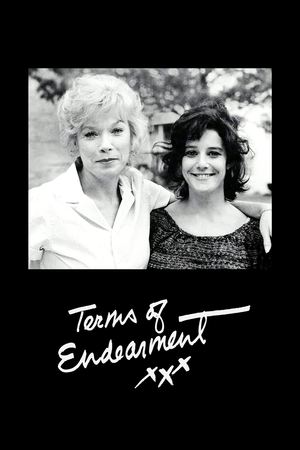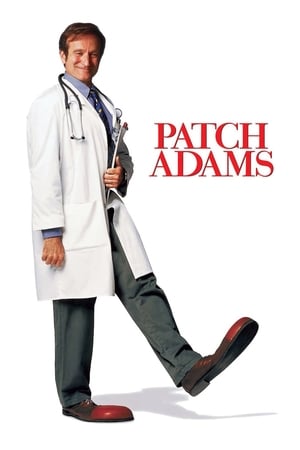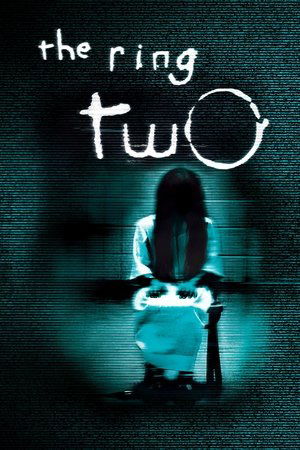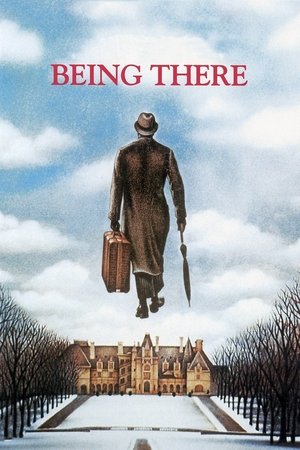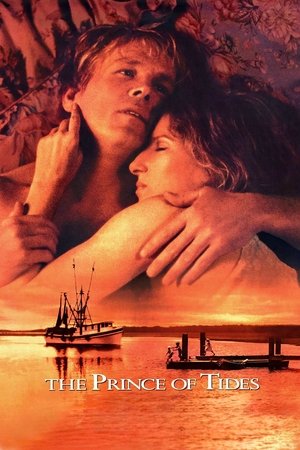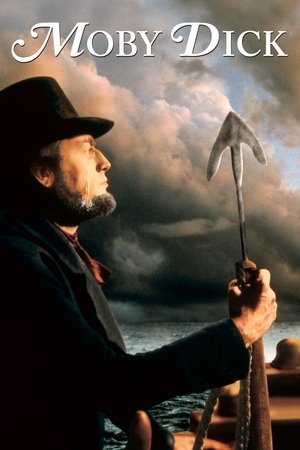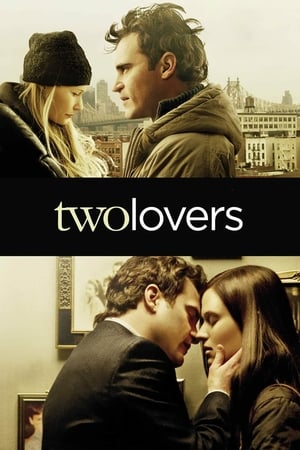Overview
On New Year's Eve 1946, Sheila Page kills her husband Barney. She wishes that she could relive 1946 and avoid the mistakes that she made throughout the year. Her wish comes true but cheating fate proves more difficult than she anticipated.
Reviews
www.filmnoiroftheweek.com
Film noir and The Twilight Zone have more in common than you'd probably think. B-movie actors from the 40s peppered the casts of Twilight Zone episodes almost 20 years later. Dutch angles magnify tension; and other impressive black and white photography (at least before the Twilight Zone started to shoot on video late in the series) on the CBS show could easily be mistaken for a classic noir. Watch the credits at the end of a TZ and you'll see many names sometimes associated with film noir: Harry J. Wild, Joseph LaShelle, John Brahm, Richard Florey to name a few.
Of course the fantasy/sci-fi element of the Twilight Zone are usually not found in noirs. The exceptions being Val Lewton's RKO horror films and the New Years Eve thriller, Repeat Performance.
Repeat Performance was released in 1947 by Eagle-Lion films who at the time were trying to establish themselves as a major force in Hollywood. They put out some “nervous As” – not cheap enough to be Bs but not expensive enough to be As. Repeat Performance fits that description.
Clunky and far-too-dramatic opening credits leads to a classic noir open, then a cheapish looking movie filled with former stars (Louis Hayward) and actors just starting out (Richard Basehart in his first film roll.) Repeat Performance may be a bit too full of soapy dramatics to be a top-shelf noir, but it certainly could be served to noir fans without complaint. The fantastic looking – dark and stylish – opening and end of the film more than make up for the frothy middle – and for me makes the film a worthy entry in the film noir classic period.
Despite its obvious flaws – and it really is probably only loved by fans of old black-and-white mysteries --it's one of my favorite New Years Eve tales.
Encore!
Just before midnight on New Year's Eve, 1946, Broadway actress Sheila Page (Joan Leslie) shoots her husband Barney (Hayward) and then rushes to see her friend, odd-ball poet William Williams. After a distressed Sheila confesses her deed to William (Basehart), he suggests they talk to Sheila's producer John Friday (Tom Conway). As Sheila and William are walking up to John's apartment, Sheila wishes that she could relive the past year, insisting that if she had it to do over, she would not make the same mistakes twice. Upon reaching John's door, Sheila notices that William has disappeared and then gradually realizes that something is wrong.
An unnecessary voice over explains what is obvious to the viewer. Her hair and clothes have changed and she's been transported to an earlier time – exactly a year before. She has one year to make up for the mistakes she made leading up to her crime. The “voice over” is a common element found in film noir. But in this case it sounds much more like the Rod Sterling TZ introductions than a typical film noir Mitchum-esque V.O.
The film is based on a book by William O'Farrell. O'Farrell doesn't seem to have many other books after this, his first. Published in 1942, the book is something. Over at the Mystery File, Dan Stumpf writes,
“O’Farrell can write. He can put across a bitchy theatrical milieu and a seedy flophouse with equal aplomb, evoke a desperate chase and a disparate seduction with commensurate suspense, and weave a tale of murder and melodrama (verging on Soap Opera at times, but teetering skillfully on the edge) with prose that keeps the pages turning very nicely.”
There are many changes from the book (which is wonderfully bleak) and the movie. Barney is the actor that goes back in time, not Sheila. Barney begins the novel as a flop-house drunk after shooting his girlfriend following the suicide of his wife Sheila. When on the run from cops, Barney and William and Mary (a gay man in the book that Basehart smartly hinted at in the movie) get shot at by the cops leading to the magical happenings. The scene is so cinematic I'm a bit surprised they didn't find a way to shoe-horn it into the film. And although it is soapy, O'Farrell's novel concludes more satisfactory than most thrillers. A good read if you can find it.
O'Farrell's book was his only one to gain any attention. His movie and TV credits are slim too – he did write an episode of Alfred Hithcock Presents. Repeat Performance was remade into a 1980s TV movie (with Joan Leslie in a small part).
The cast of the '47 film includes Louis Hayward. Hayward's career wasn't what it was just a few years before, but he did make some interesting choices. He was best friends with Edgar G. Ulmer and appeared in Ulmer's Citizen-Kane-of-B-noir drama Ruthless in 1948. 1950 he starred in one of Fritz Lang's last US productions House By the River. Ladies in Retirement, And Then There Were None and Strange Woman all were released around the same time as Repeat Performance.
Tom Conway is a favorite. In addition to Cat People and the 7th Victim he was The Falcon in that long running mystery series (replacing brother George Sanders who got bored with the part. Similarly, Sanders replaced Hayward as The Saint in the movie series that The Falcon was most likely based on.)
Joan Leslie - so good in High Sierra - isn't as strong as her Repeat Performance co-stars but she gets the job done. Not an easy task when you consider how outrageous the story gets.
Finally, Richard Basehart captures the book's “William and Mary” part without being obvious about it. I know most remember Basehart from TV's Voyage to the Bottom of the Sea and the voice of the 1984 Olympics but his contributions to film noir is impressive. The next year Basehart would star in the unforgettable He Walked by Night. His other noir credits include the period film Reign of Terror, Tension, Outside the Wall, Fourteen Hours, The House on Telegraph Hill, and the Brit noir The Good Die Young.
Submitted for your consideration: 1947's Repeat Performance. Repeated viewing encouraged... in the Twilight Zone.
Written by Steve-O
Run Through Snow Leaving No Footprint.
Repeat Performance is directed by Alfred Werker and adapted to screenplay by Walter Bullock from the novel written by William O'Farrell. It stars Louis Hayward, Joan Leslie, Tom Conway, Richard Basehart, Virginia Field and Natalie Schafer. Music is by George Antheil and cinematography by L. William O'Connell.
It's New Years Eve 1946 and Sheila Page is standing over the dead body of her husband - with gun in hand. Hurrying to a party to seek solace from friends, Sheila wishes she could turn back the clock and eradicate the problems that the year has thrown at her. Amazingly she gets the chance to do just that...
Destiny's a stubborn old girl Sheila.
It's the sort of story that would be at home in The Twilight Zone some years later, a fantastical premise involving time travel that still has the bitter requisite of fate standing firm to not be cheated. It seems that no matter what Sheila Page (Leslie) does, her year of misery, and that of the people closest to her, can not be averted. This set up makes for a number of involving scenes as we the viewers yearn for Sheila to achieve her goals. Pic slots into the noir realm since it drips with pessimism, while the central characters (failure of a husband, femme fatale, frustrated poet) have all hoped off the bus from noirville. It mat get too soapy at times throughout the middle section, but there's no grandstanding drama to have you rolling your eyes.
Visually it has great moments, notably for the tremendously shadowy finale when story saunters to the conclusion of everything we have just witnessed. There's also a super section where Sheila is visiting a friend at a mental asylum, as she talks (the conversation richly dark) the reflection on the wall behind her is that of a barred window with rain cascading downwards, the metaphor for discord is palpable and a smart touch. Conversely these great visual moments have you wishing that more were within the whole picture, something Werker would achieve a year later with the excellent He Walked By Night (Basehart in the lead). George Antheil's (The Sniper/In A Lonely Place) musical compositions are most interesting, particularly during that finale as he bounces strings and woodwind from the action to that of the ticking New Years Eve clock. Cast are fine, Leslie pitches it right as the woman fighting fate head on, Hayward is a touch too animated but still scores as her boorish drunk of a husband, and Basehart in his film debut hints at better things ahead. There's no bad perfs on show, all contribute significantly.
Having not read the novel I did research it to see how this adaptation figured in comparison, somewhat disappointingly I found that the novel has significant differences, differences that would have surely made for a far more darker film noir experience. So with that in mind I understand why fans of the book aren't exactly enamoured with the filmic take. The makers clearly are caught out trying to make a pic to cover most bases, which is why we have a part film noir and part fantasy melodrama. By the by, though, Alfred Werker's movie takes a fascinating premise and holds the attention from the bleak opening to the superb monologue given by Basehart at film's closure. 7.5/10

 91 min
91 min
 6
6
 1947
1947
 USA
USA
 Steve wrote:
Steve wrote: